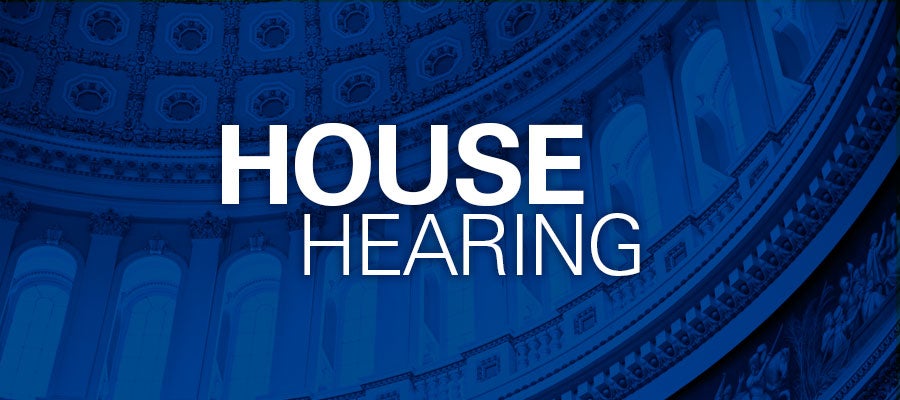
John Pastor, president of Fairview Pharmacy Services and chief operating officer of Fairview Pharmacy Solutions, shares how M Health Fairview’s expansive pharmacy network, centralized services hub and integrated technology are reshaping medication access in Minnesota and beyond.







